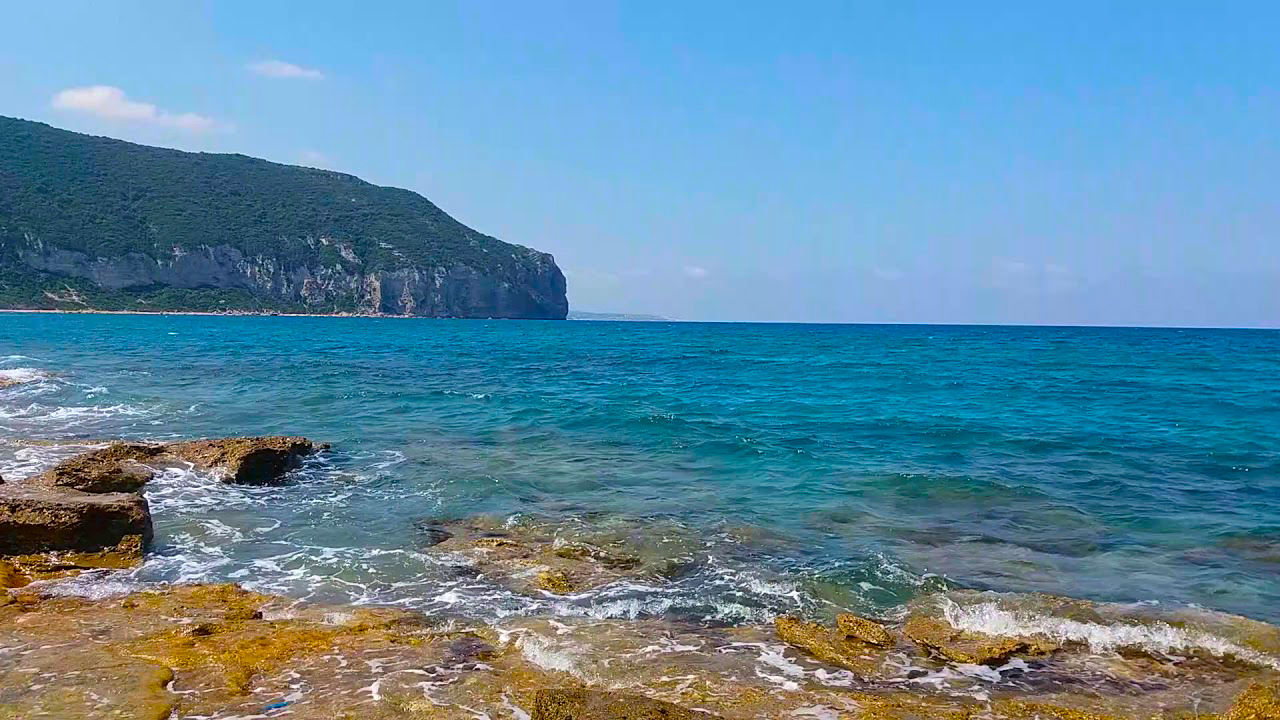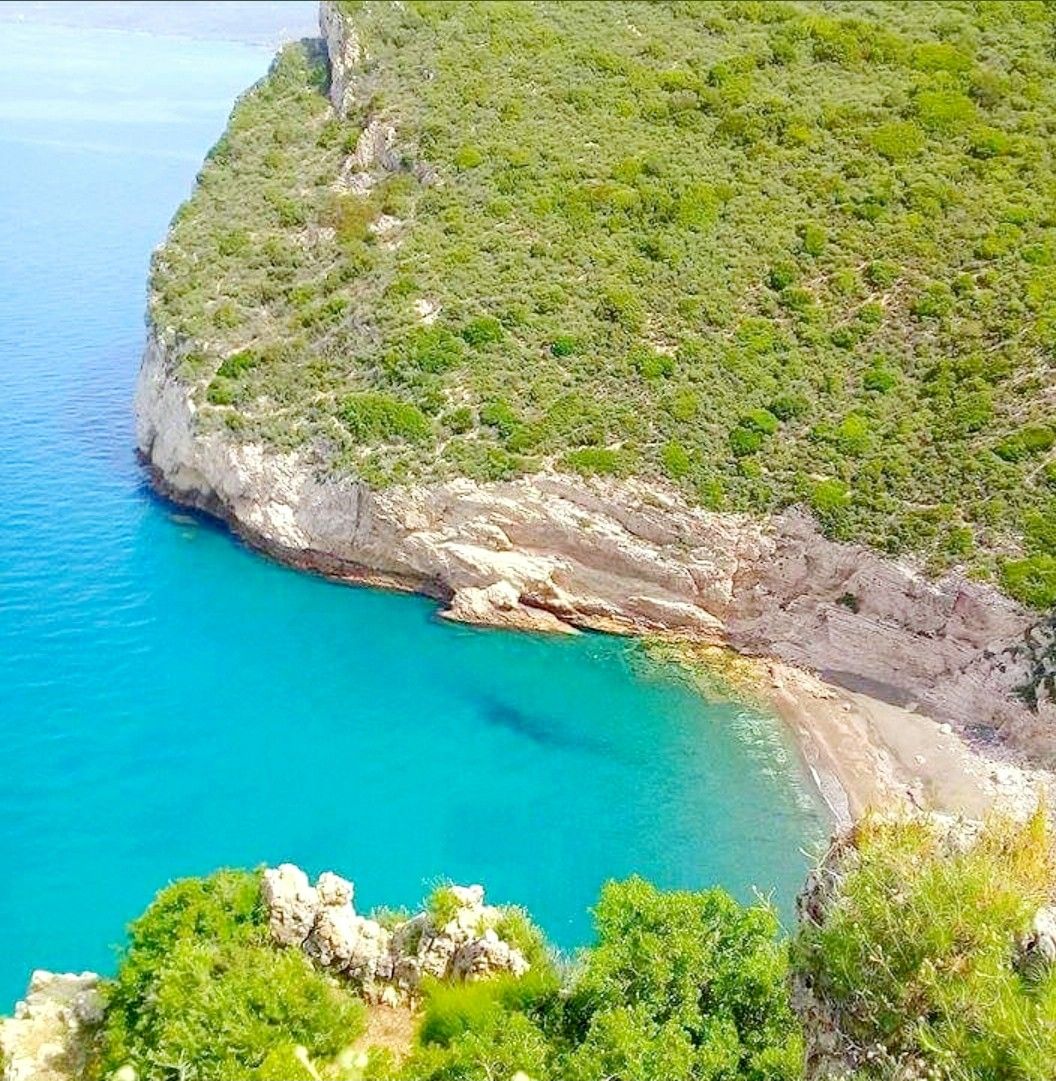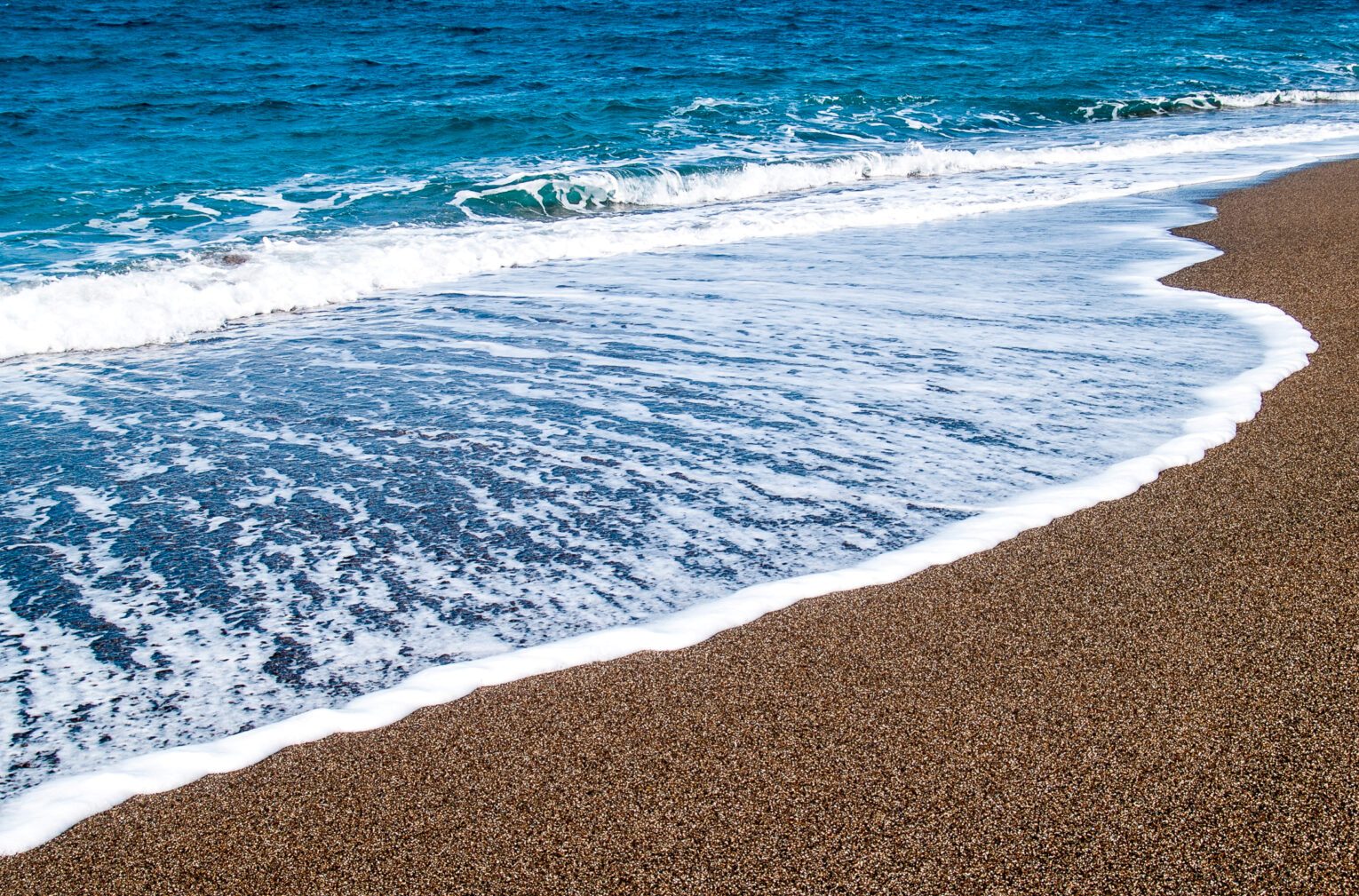Do I Need a Visa to Visit Syria?
Yes, most visitors require a visa to enter Syria. You should check with the Syrian embassy or consulate in your country before traveling. Visa policies may vary depending on your nationality. Sometimes, visas are issued on arrival at Damascus International Airport, but it is safer to arrange this in advance.
What Is the Best Time to Visit Syria?
The best times are spring (March to May) and autumn (September to November) when temperatures are mild and comfortable for sightseeing. Summers can be extremely hot, especially inland, while winters are cooler and wetter, particularly in mountainous regions.
What Currency Should I Use?
The official currency is the Syrian Pound (SYP). Most tourists bring US dollars or Euros to exchange on arrival. Credit cards are rarely accepted, so it’s essential to carry cash. Exchange money only at authorized banks or exchange offices to avoid scams.
How Is Internet Access in Syria?
Internet is available in most major cities through cafes, hotels, and local SIM cards (Syriatel or MTN). However, speeds can be slow, and coverage outside urban areas is limited. It is recommended to download offline maps and translation apps before traveling.
Where Should I Stay?
Most visitors stay in Damascus, Aleppo, or coastal cities like Latakia and Tartus. Accommodation ranges from budget guesthouses to boutique hotels. Booking in advance through a reputable travel agency or online platform is advised.
How Can I Get Around Syria?
Public transportation is limited and not tourist-friendly. Hiring a private driver or using taxis arranged by hotels or agencies is the safest and most convenient option. Distances between cities can be long, so plan accordingly.
Do I Need a Local Guide?
While not mandatory, hiring a local guide is highly recommended for safety, ease of travel, and cultural insight. A guide can help with language barriers, navigate checkpoints, and enrich your understanding of historical sites and local customs.
Is Syria Safe to Visit?
Safety varies by region. Many parts of Syria, including central Damascus and coastal areas, are considered safe for tourists when traveling with a local guide. Avoid conflict zones and follow the advice of local authorities and your guide.
What Should I Pack for Syria?
Pack modest clothing suitable for hot days and cooler evenings. Women should bring scarves for visiting religious sites. Bring essentials like sunscreen, insect repellent, a power adapter (Type C or E), and a first aid kit.
What Are the Food Options?
Syrian cuisine is diverse and delicious. Try local dishes such as kibbeh, hummus, falafel, and shawarma. Most restaurants offer fresh, homemade meals. If you have dietary restrictions, communicate clearly or ask your guide for recommendations.
Can I Drink Tap Water?
It’s safer to drink bottled water. Avoid ice in drinks unless you know it’s made from purified water. Carry hand sanitizer and practice good hygiene to prevent stomach issues.
Are There Restrictions on Photography?
Photography is generally allowed in public places and tourist sites. Avoid taking photos of military installations, checkpoints, or government buildings. Always ask permission before photographing locals, especially women.
What Languages Are Spoken?
Arabic is the official language. English is spoken mainly in hotels and tourist areas. Learning basic Arabic greetings and phrases is appreciated by locals and helps with daily interactions.
Is Tipping Expected?
Tipping is appreciated but not obligatory. In restaurants, a tip of around 10% is common. Drivers, guides, and hotel staff also appreciate small tips for good service.
How Long Should I Stay in Syria?
For a focused visit to Damascus 5 days are sufficient. To explore nearby historical sites and cities, plan for 7–10 days. For a comprehensive tour including Aleppo, the coast, and desert ruins 15 days or more is ideal.
Are There Any Cultural Etiquette Tips?
Dress modestly and respect religious customs, especially during Ramadan. Greet locals politely, avoid public displays of affection, and always accept hospitality graciously.
What’s the Best Way to Exchange Money?
Exchange at official banks or licensed money changers in major cities. Avoid street exchangers and always count your money carefully.
Can Women Travel Alone in Syria?
Women can travel safely, especially in cities and with a guide. Dressing modestly and being aware of cultural norms will help avoid unwanted attention.
Are Credit Cards Widely Accepted?
No. Most businesses accept only cash. Plan to carry enough cash for your entire trip.



